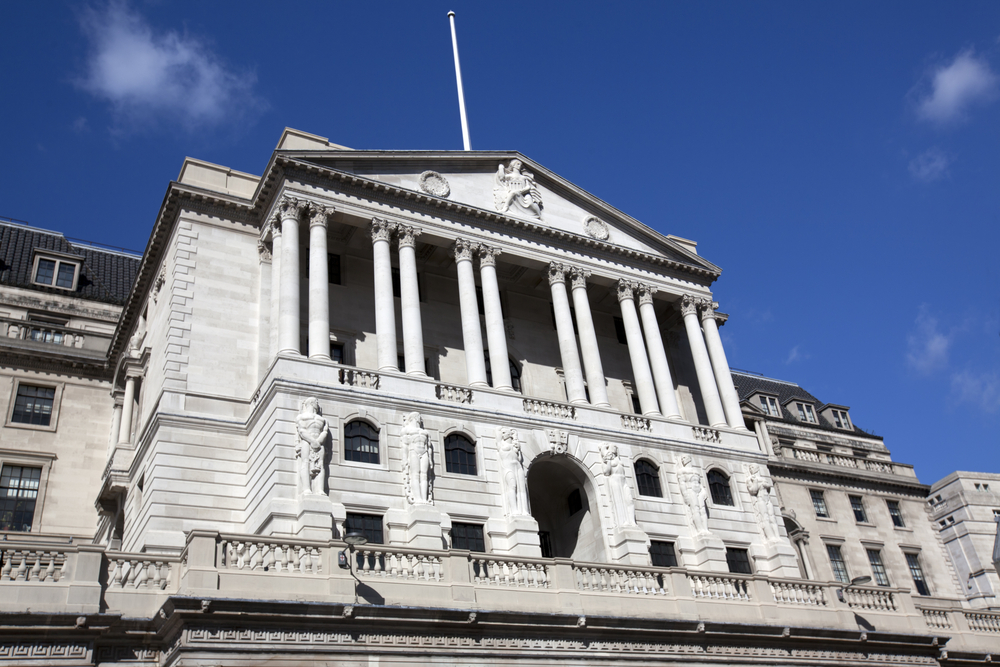

Last week, both the US Federal Reserve and the Bank of England kept interest rates on hold. This was the second consecutive pause in rates by both banks. The UK base interest rate now stand at 5.25% while the US interest rates remains at 5.25% to 5.5%.
Although welcome news, for many UK households, the real pain of rising interest rates has yet to come. That’s about to change as an estimated 30% of UK mortgages are due to be refinanced over the next two years. Those refinancing now will find that while the average interest rate on outstanding UK mortgages currently stands at 3.07%, the average being quoted for a new two-year fixed-rate mortgage, sits at 5.94%. This means that half the impact of the Bank of England’s 14 consecutive rate increases has yet to be felt. Inevitably, this will add to the cost-of-living crisis and further hamper UK growth.
What differentiates the US from the UK is that a far more robust US economy means further rate rises could still be needed. In the UK, our weaker economy means we may have reached the peak in interest rates with the Bank of England now predicting that UK rates could start to fall by the middle of 2024.
Numbers from the current US earnings season would seem to be a cause for celebration. Of America’s 500 largest companies, 405 have reported so far with 82% delivering surprise gains in earnings per share (EPS) and 62% reporting positive revenue surprises. After three consecutive year-on-year quarterly declines in US company profits, the third quarter shows an annual increase in earnings.
Despite the strength of US earnings numbers, the market’s reaction has been muted. Big tech has had an especially tough time. Alphabet, Google’s parent company, handsomely beat profit expectations but its shares sank 10%, and Meta reported its biggest-ever quarterly revenues but was also unrewarded. Elsewhere, consumer goods giants like Coca-Cola and PepsiCo both raised forward profit guidance, but their recent earnings growth has come off the back of price increases, rather than greater sales volumes.
Meanwhile, America’s corporate leaders are fretting over the health of the US consumer. Credit-card spending is declining while US student loan repayments have now resumed after a three-year holiday. With spending still growing faster than real disposable incomes, this is eating into savings. With a third of all US company revenues derived directly from US consumers, American CEOs are right to worry.
Despite surveys showing that Chinese consumers are planning to curtail their annual Singles Day spending binge in the shopping festival which runs until 11 November – or ‘double 11’ – it will still be the biggest retail event on Earth by some magnitude.
Since Alibaba, the Chinese e-commerce giant, launched Singles Day, it’s expanded from a one-day shopping festival into a multi-week bonanza of shopping promotions across numerous online platforms.
Last year was the first time Alibaba and online retailing giant JD.com declined to disclose Singles Day sales numbers. However, it’s estimated to have raised US$128.25bn with additional sales from growing livestreaming and content-led e-commerce, taking the grand total to US$140bn. By comparison, America’s week of Thanksgiving, Black Friday and Cyber Monday sales generated US$35.3bn last year.
This year sees former staunch rivals Alibaba and Tencent teaming up with a previously unthinkable advertising alliance, with Tencent’s WeChat users being steered to Alibaba’s Taobao shops. Such co-operation has been driven by the Chinese government’s tech crackdown which, since it started in 2020,
has been pushing for greater ‘interconnectivity’ in the tech sector.
Even so, China’s consumers are tightening their belts and increasingly turning to own-brand goods and to the year-round offers from thriving livestreaming and social media retailing channels. Douyin, China’s version of TikTok, is becoming a major player here
By clicking this link you are departing from the regulated site of Ablestoke Financial Planning LLP.
Neither Ablestoke Financial Planning LLP nor Quilter Financial Planning accept responsibility for the accuracy of the information contained with this site.
Open Link